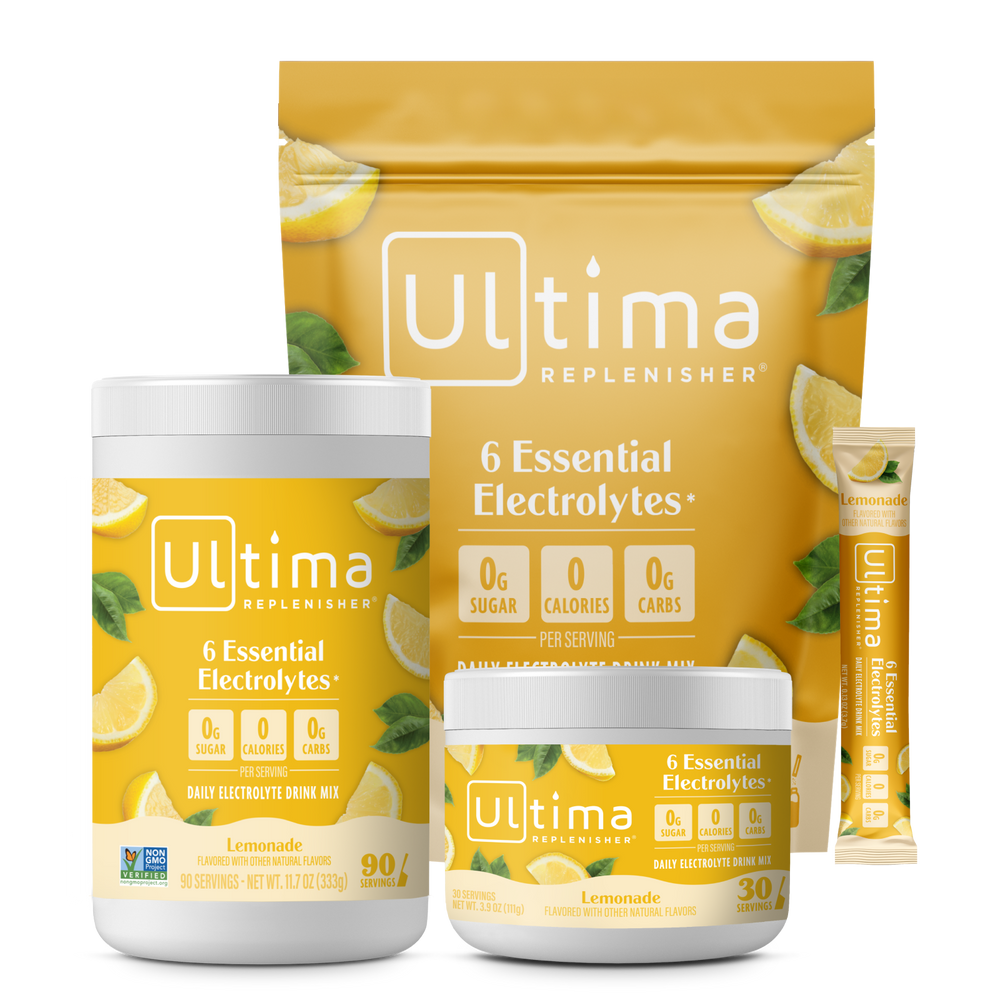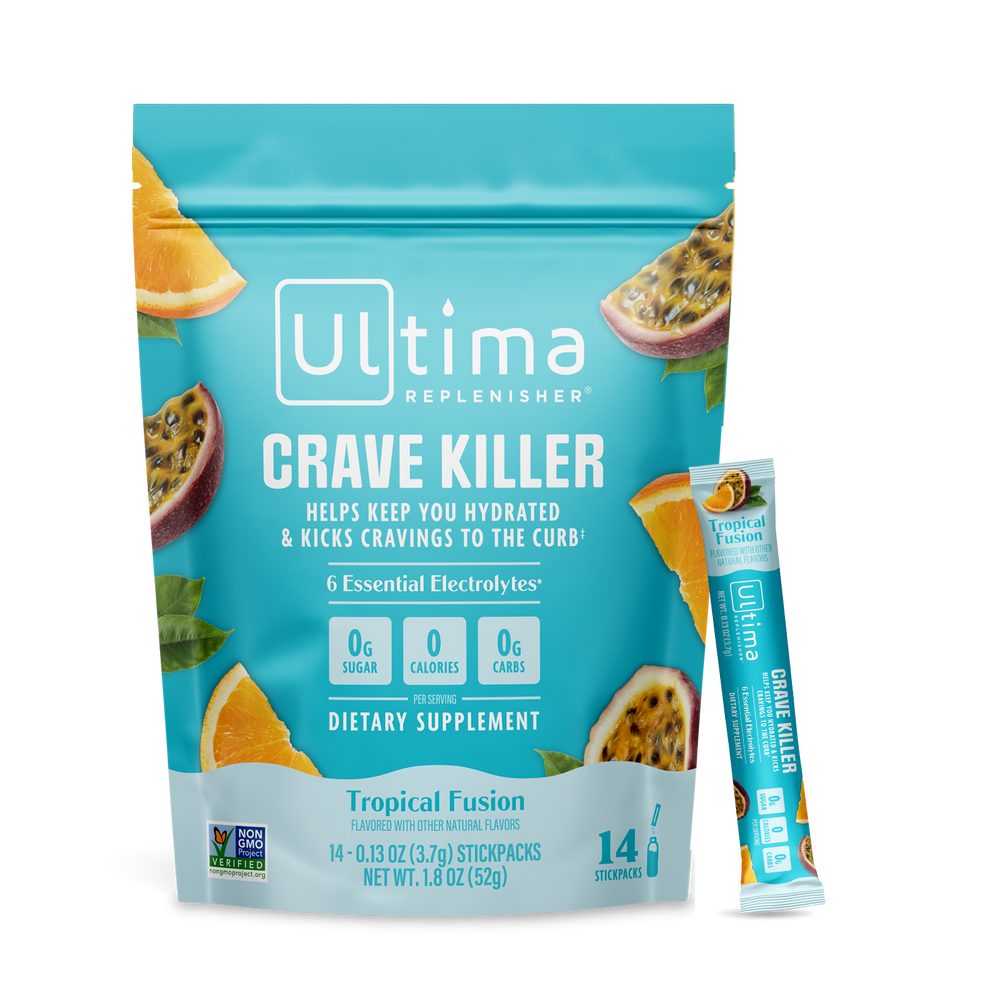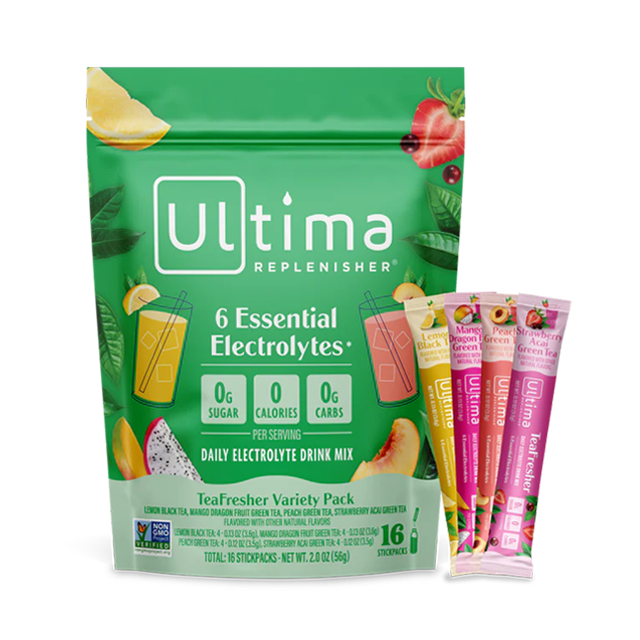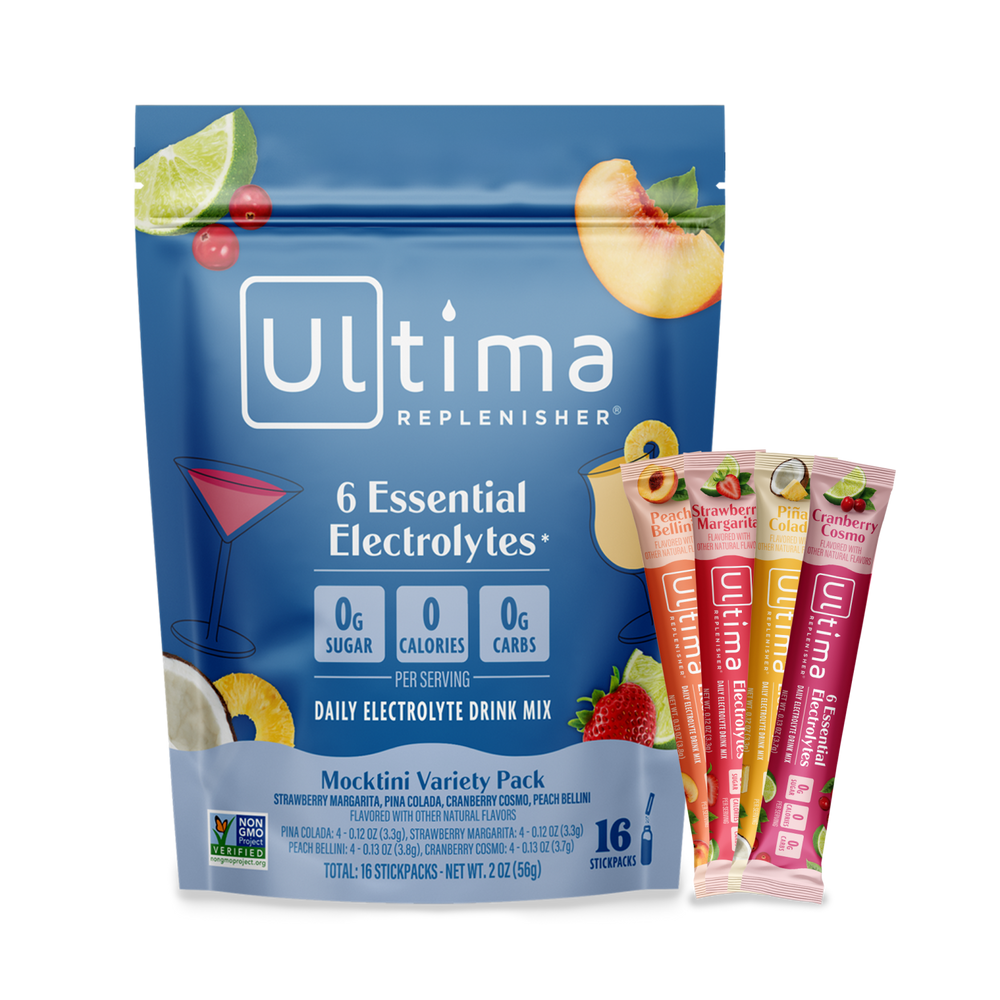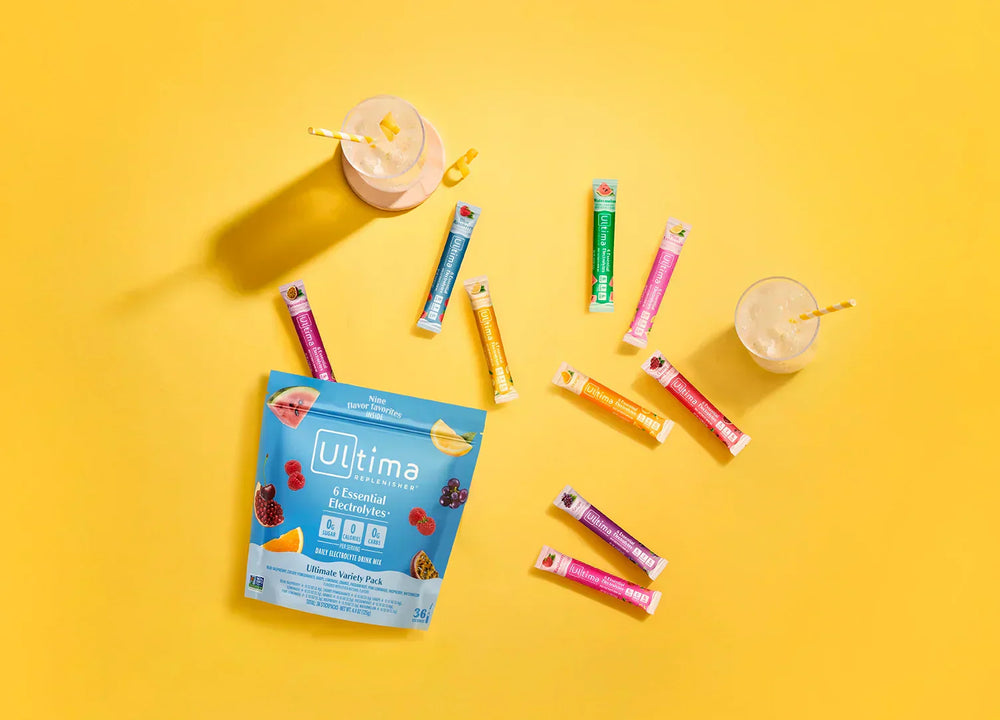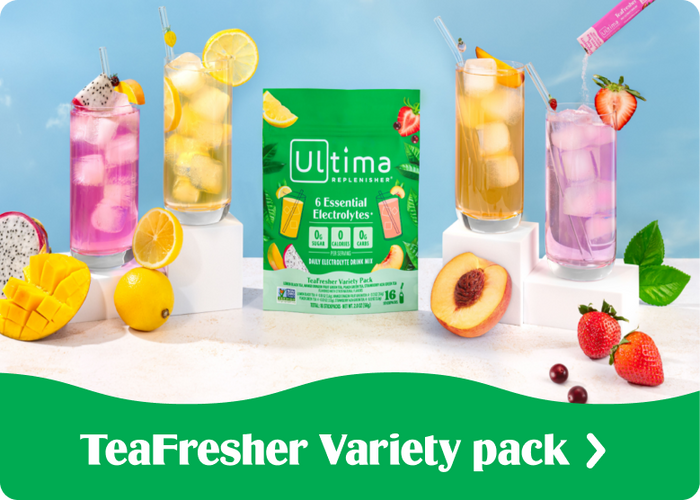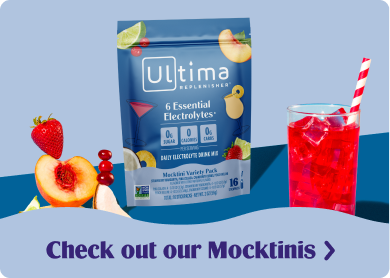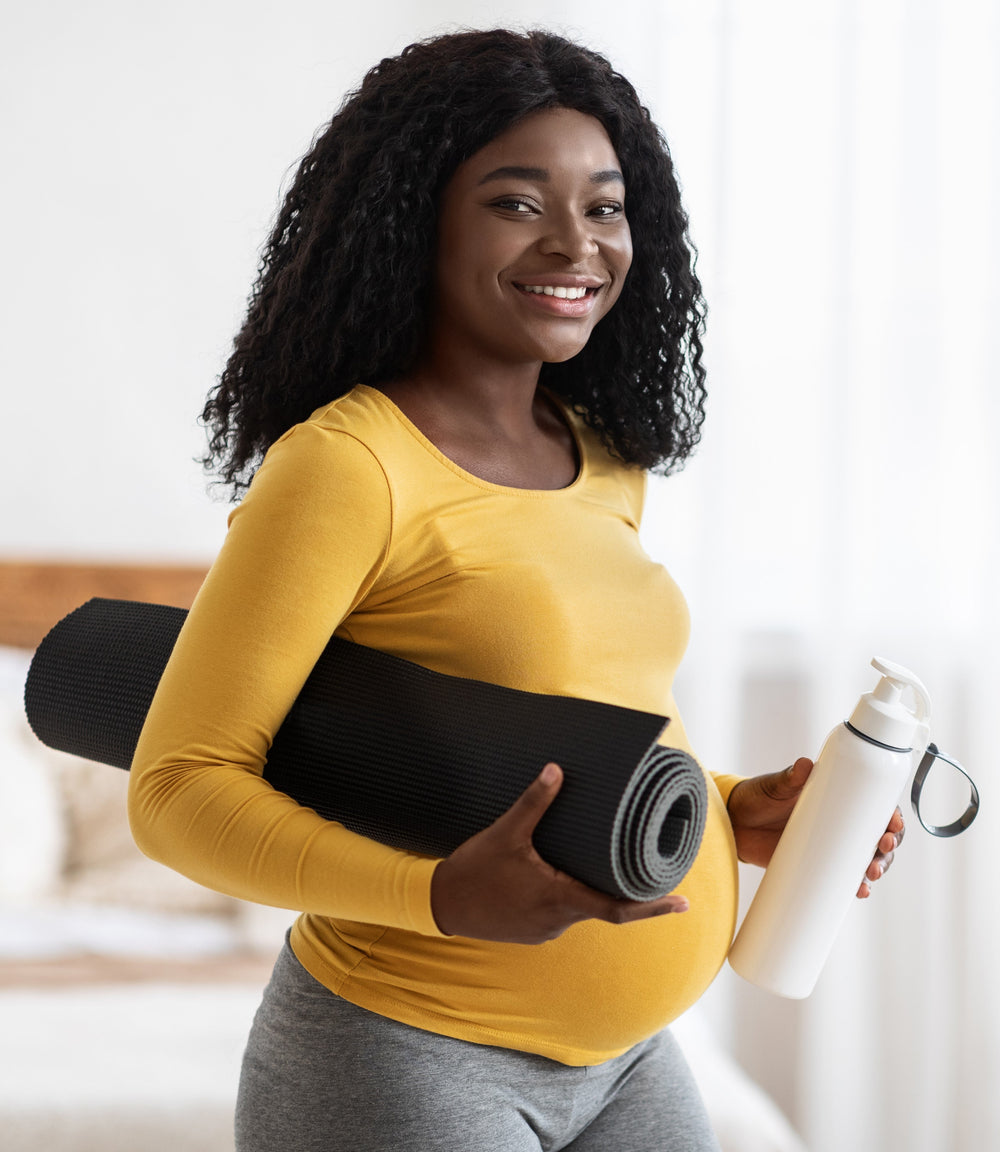
A Doula's Top Tips to Keeping Hydrated During Pregnancy
Dehydration can cause a variety of complications during pregnancy, including premature labor. It's essential to stay well-hydrated throughout pregnancy as your changing body adapts to support both mom and baby. Drinking enough fluids is a habit.
During pregnancy, your blood volume increases 40-50 percent, and increases still more with twins, triplets and quadruplets, to help facilitate taking care of your growing baby and to prepare for labor and birth.
Hydration is essential during pregnancy
Your baby's amniotic fluid is constantly being replenished. Hydration is essential for maintaining good circulation. During pregnancy, fluids help bring nutrients to your baby and remove waste products. It is easy to become dehydrated during pregnancy without even realizing it.
Not drinking enough can affect both you and your baby. Reduced amniotic fluid can have serious effects on your baby's health and should be addressed by your OB/Midwife. Talk to your provider if you have any concerns. Staying hydrated enough may increase your baby's amniotic fluid levels especially towards the last few weeks of the pregnancy.
Minerals help you hydrate better than with just water alone
If during your pregnancy you start to feel crampy a lot, like period cramps, the first thing to do (as you are checking in with your midwife or doctor) is to lie down on your left side, and hydrate.
One of the drinks that I suggest is Ultima Replenisher, as the minerals and electrolytes will be absorbed faster into your body than just plain water and are the best hydration packets for pregnancy. Drinking 100 oz of fluid daily during pregnancy can help prevent this from happening in the first place. (Disclaimer: Each pregnant person needs to check in with their medical team before adding an electrolyte drink to their regime!)
Take for instance my client, Kristin. To prevent going to the bathroom all the time while at work and getting up multiple times a night to pee, she limited her fluid intake. She became constipated and was experiencing a lot of Braxton Hicks contractions that kept her up at night and caused her to be anxious. She was overall uncomfortable and just not enjoying her pregnancy.
Once she implemented several effective habits to manage her hydration. Her persistent cramps went away and she was able to sleep more deeply and wake up feeling refreshed.
Staying well-hydrated helps your cardiovascular system, reduces constipation, headaches and overheating. Drinking lots of fluid can help prevent stretch marks, hemorrhoids, Braxton hicks contractions, muscle cramps and UTI's. Drinking fluids liberally throughout your pregnancy, together with incorporating appropriate movement, lowers the risk of blood clots.
6 simple tips to staying hydrated and replenished:
1. Make it a habit.
Drink a glass or two of filtered water first thing in the morning every day.
2. Hydrate easy & often.
Don't wait until the end of the day to hydrate. Find a cute water bottle and fill it and carry it with you. Manage your fluids throughout the day. Use a glass or a stainless-steel water bottle – the BPA's (bisphenol A) in some plastic bottles may contain endocrine disruptors.
3. Eat your water.
Fruits and vegetables with high water content include cantaloupe, strawberries, watermelon, peaches, cucumbers, spinach and celery.
4. Consume 2-3 liters.
Drink about ten 8 oz glasses of good quality fluid per day. This along with increased fiber, helps avoid constipation. To make drinking a joy, add ice, drink at room temperature, enjoy a warm cup of tea, add Ultima electrolytes and a squeeze of lemon.
5. Liquid food.
Soups/broths are delicious and nutritious and easy to consume. If you want a tangy taste, tomato soup can be served either chilled or warm. Rich in Vitamin A, Vitamin C, iron and folate, it's good for both mom and baby.
6. Urine test.
Drink according to thirst. An easy way to check if you are getting enough fluids is to pay attention to the color of your urine. It should be clear or a very pale yellow when you are well hydrated.
Hydrate. Hydrate. Hydrate.

Chantal Traub has been assisting expecting families in New York since 2003. She is a birth doula, childbirth educator and women's health coach.
She is passionate about educating and informing women about pelvic health during pregnancy and to train the body and mind for a more easeful and positive birth experience.
Chantal created her Pushing Power workshop, which educates about 2nd Stage Labor with emphasis on core and pelvic floor preparation before birth to minimize damage and facilitate moms to enter their births with confidence and calm. Chantal lives in Brooklyn with her husband, 2 kids and their bearded dragon.
Join Chantal's Facebook group: @Pushing Power Community
Follow Chantal on IG: @chantal.traub
Sources:
NIH/National Library of Medicine - Maternal Hydration
American Pregnancy Association - Low Amniotic Fluid Level
American Pregnancy Association - Dehydration During Pregnancy
main photo credit: Ignacio Campo
Want to learn more about pregnancy and running? Check out the How I Stay Hydrated While Pregnant and Running by Amy Goblirsch, RD (Registered Dietitian
0.
